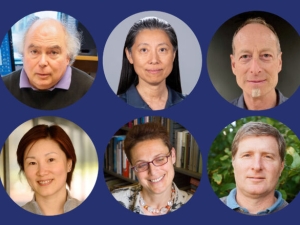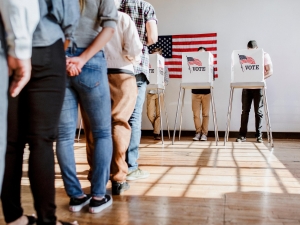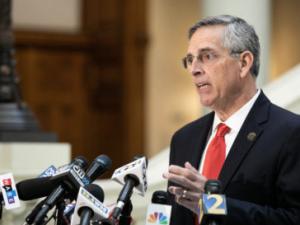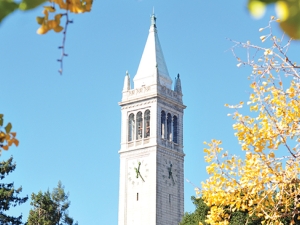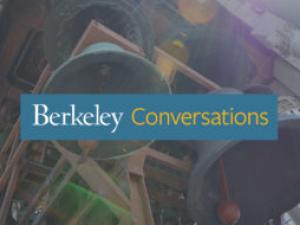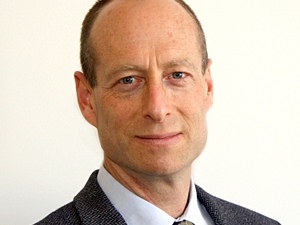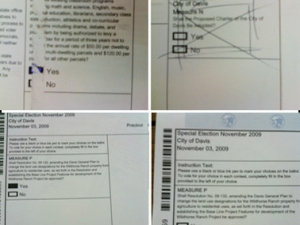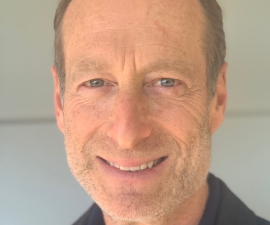

Research Bio
Philip Stark studies inference problems and uncertainty quantification with applications in physical, biological, and social sciences. He focuses on nonparametric and exact inference tailored for specific scientific goals. He developed methods for auditing elections now in law in more than fifteen U.S. states. He developed or co-developed methods that are part of the data pipelines of the Øersted geomagnetic satellite and the Global Oscillations Network Group. He has consulted for major corporations and for the U.S. Department of Justice, the Federal Trade Commission, the U.S. Department of Agriculture, the U.S. Census Bureau, the U.S. Department of Housing and Urban Development, the U.S. Department of Veterans Affairs, the California Attorney General, the California Highway Patrol, the Illinois State Attorney, and the New Hampshire Secretary of State, and the New Hampshire Attorney General. He has testified to the U.S. House of Representatives Subcommittee on the Census; the State of California Senate Committee on Elections, Reapportionment and Constitutional Amendments; the State of California Assembly Committee on Elections and Redistricting; and the State of California Senate Committee on Natural Resources. He serves on the Board of Advisors of the US Election Assistance Commission. See www.stat.berkeley.edu/~stark/bio.pdf
Research Expertise and Interest
elections, astrophysics, law, statistics, litigation, causal inference, inverse problems, geophysics, uncertainty quantification, educational technology, soil science, race and gender bias and discrimination, nonparametrics, climate, natural disasters, sustainable food systems, public impact research/scholarship, community-engaged research/scholarship, community-based research partnerships, social justice research, research in the public interest, active transportation, earthquake hazard mitigation, natural hazards
In the News
Six UC Berkeley Faculty Elected to the American Academy of Arts and Sciences
Public Trust in U.S. Elections Is Decreasing. But Should It Be?
Is Trump right about Georgia vote?
Berkeley Experts Offer Critical Perspectives on Election Integrity and Security
How COVID-19 will shape the 2020 election
From geeky to cool: Statistics is Berkeley’s fastest-growing major
Any way you count it, the fastest-growing major at UC Berkeley by far is one that long slumbered in obscurity: statistics.
California Assembly committee endorses statistician's election auditing method
Since 1965, California counties have been required to hand tally one percent of all ballots after an election to validate the machine count, despite the fact that available auditing techniques lack any statistical basis. UC Berkeley's Philip Stark has now provided statistically sound methods for conducting these audits, and a proposed bill, AB 20203, will establish a statewide pilot program to test these methods.

